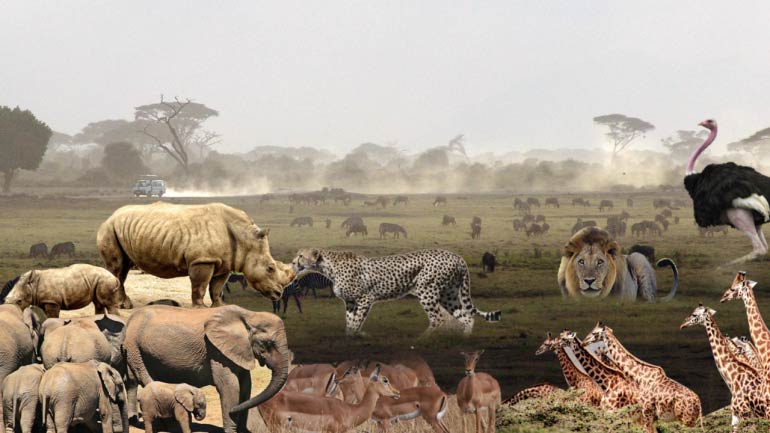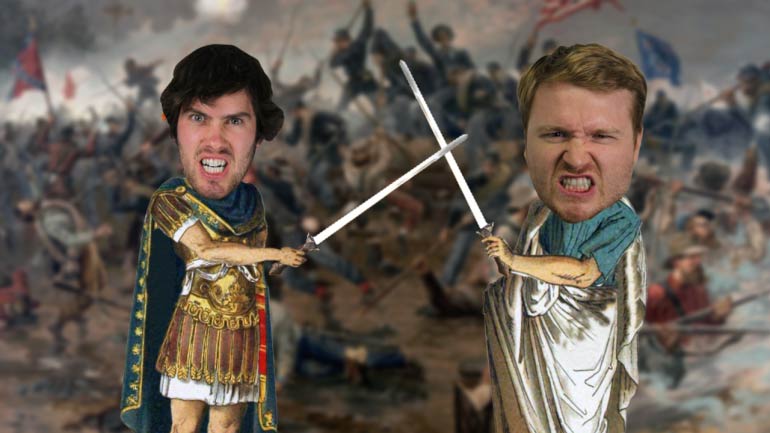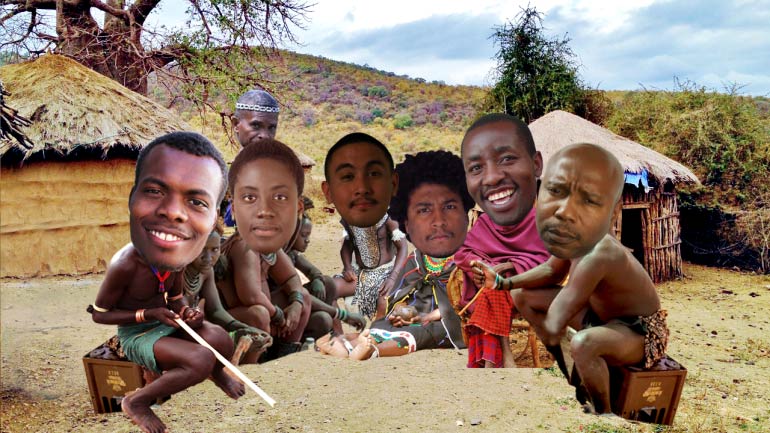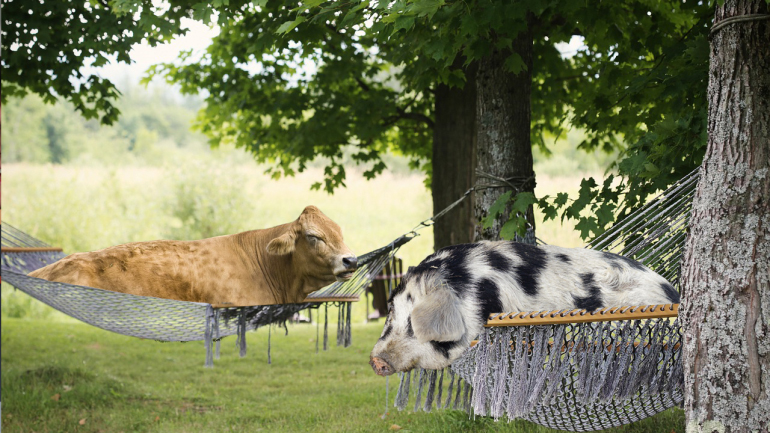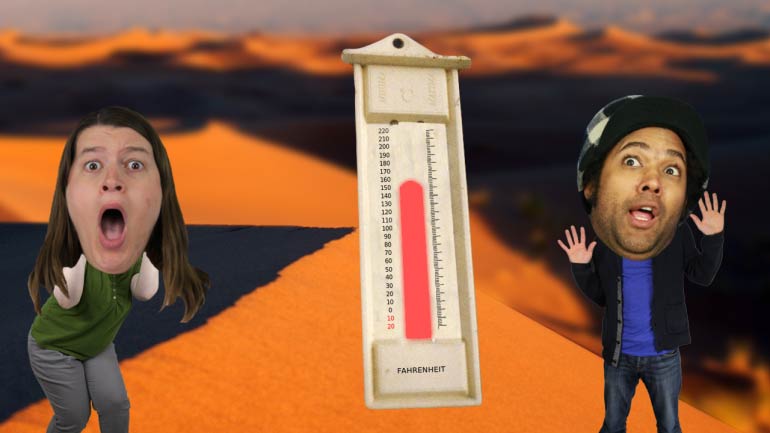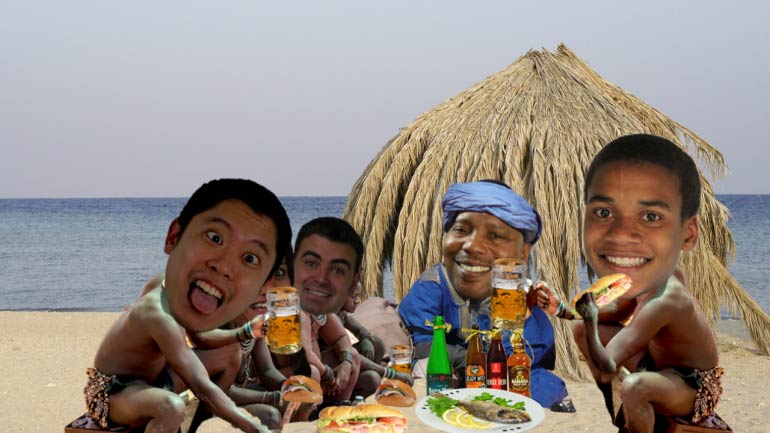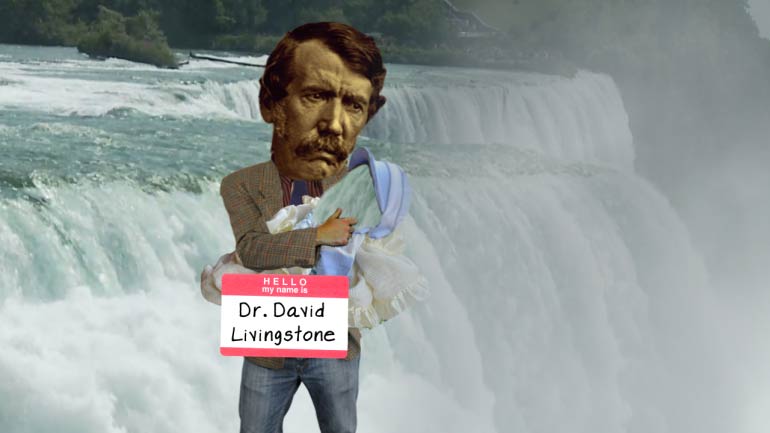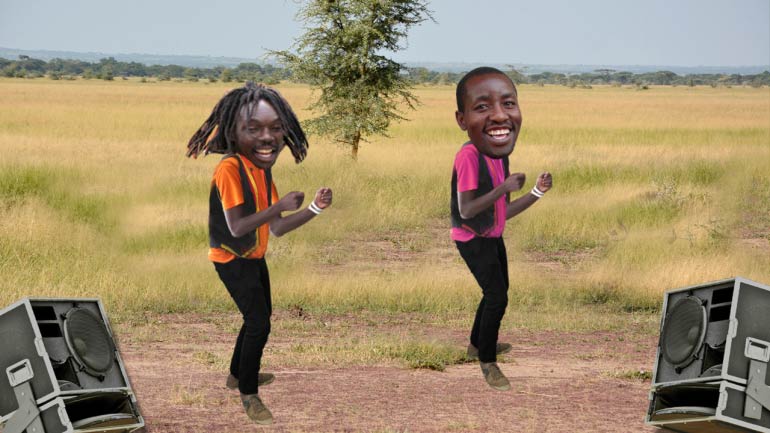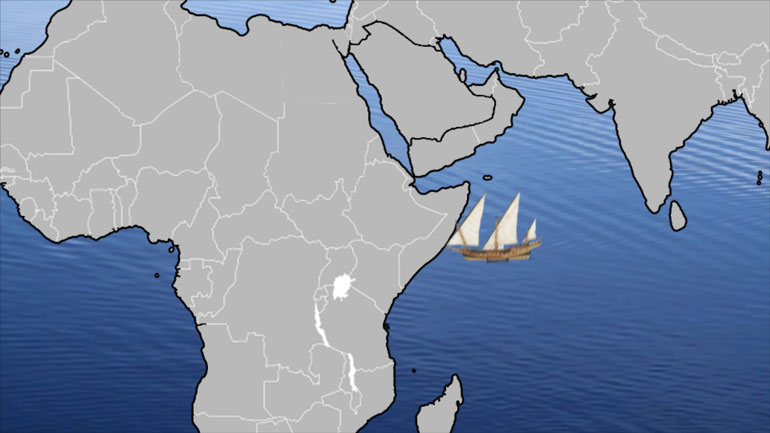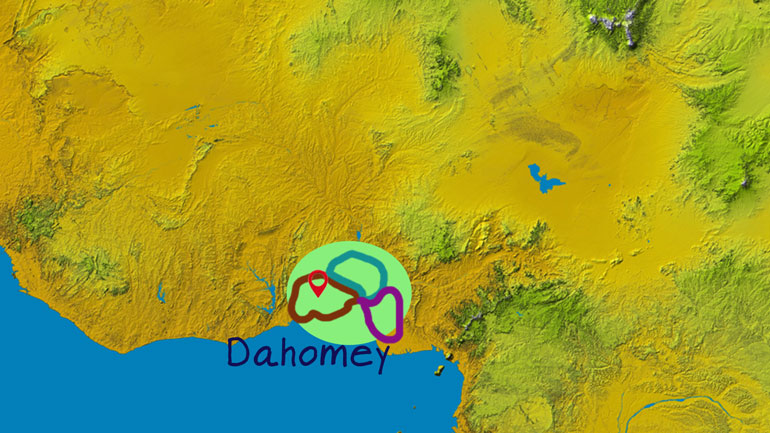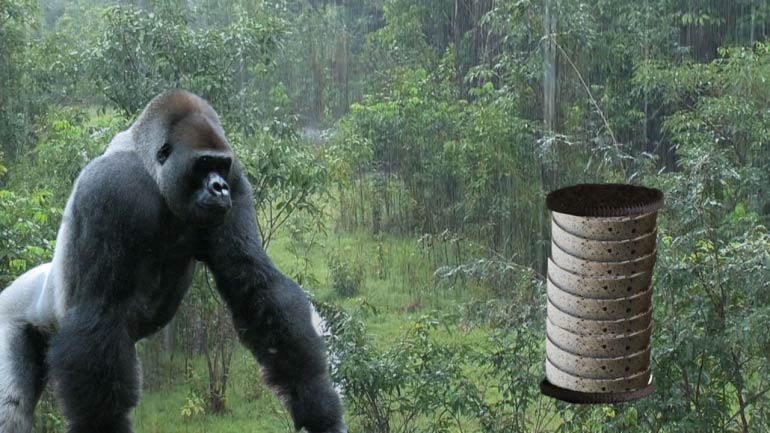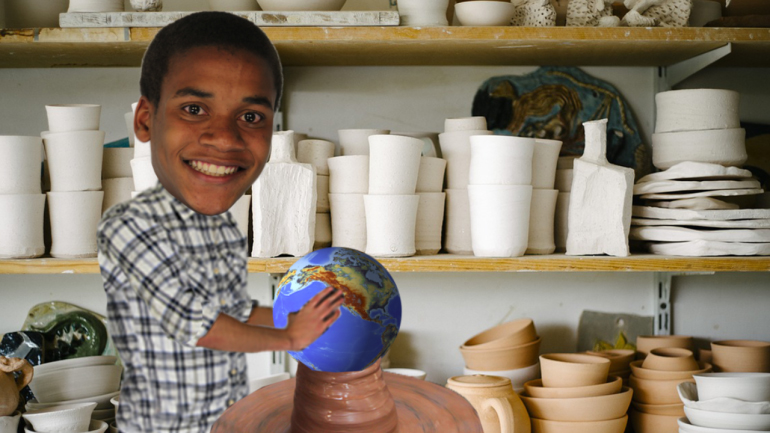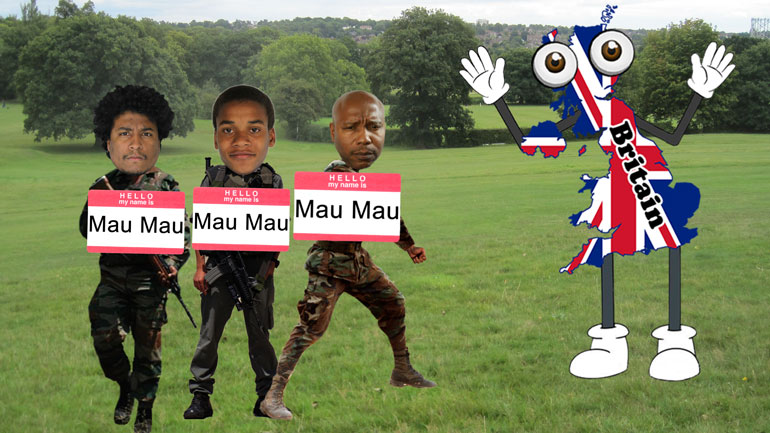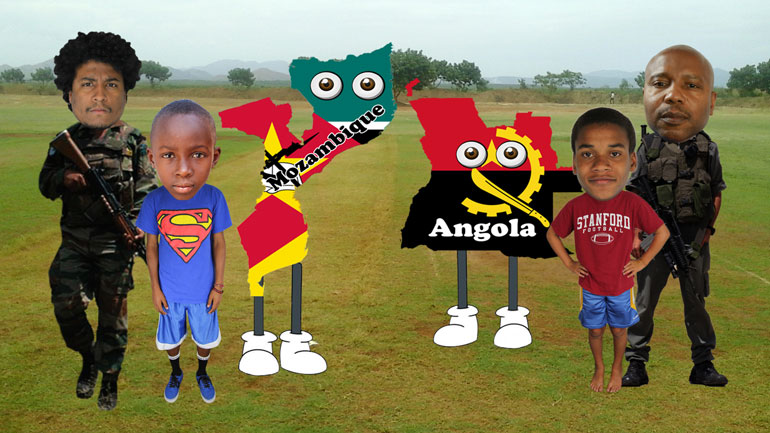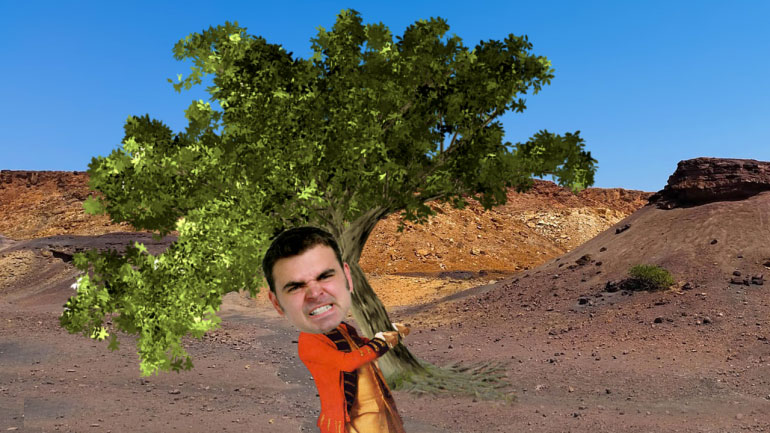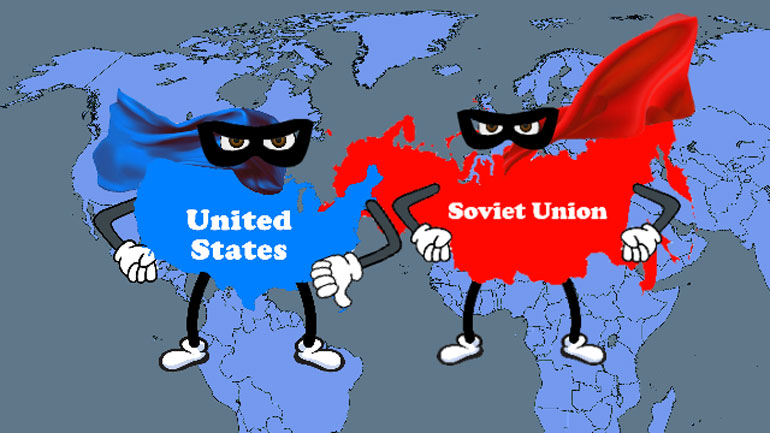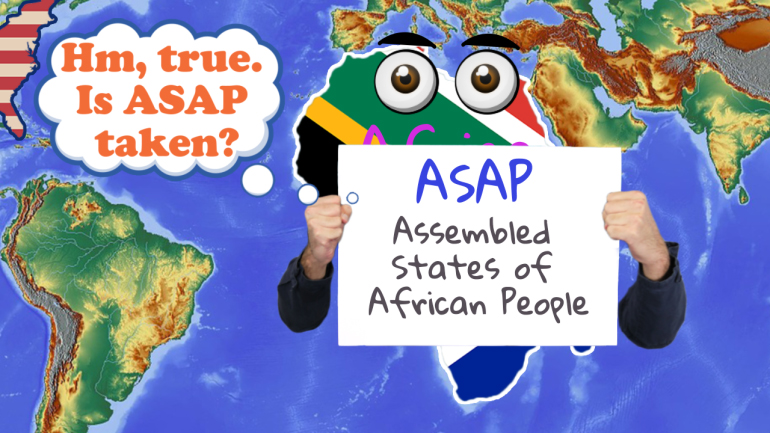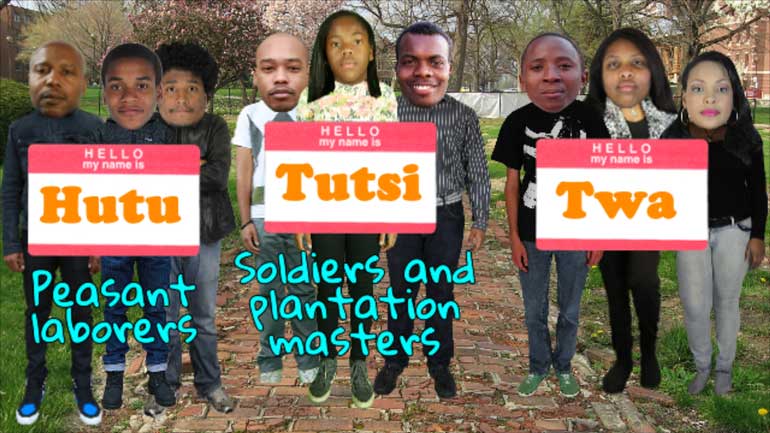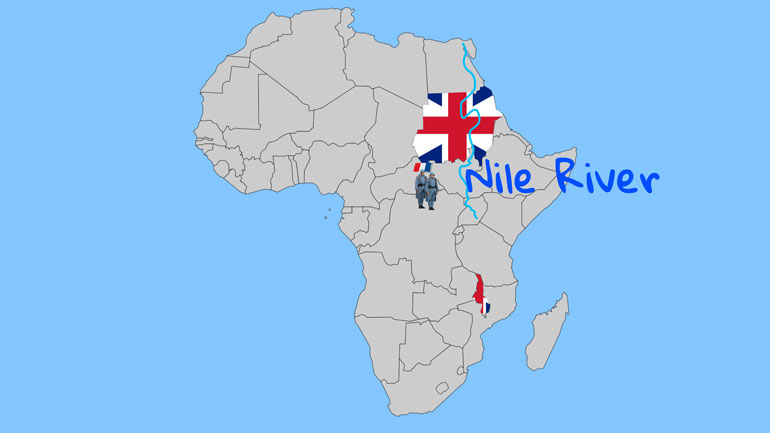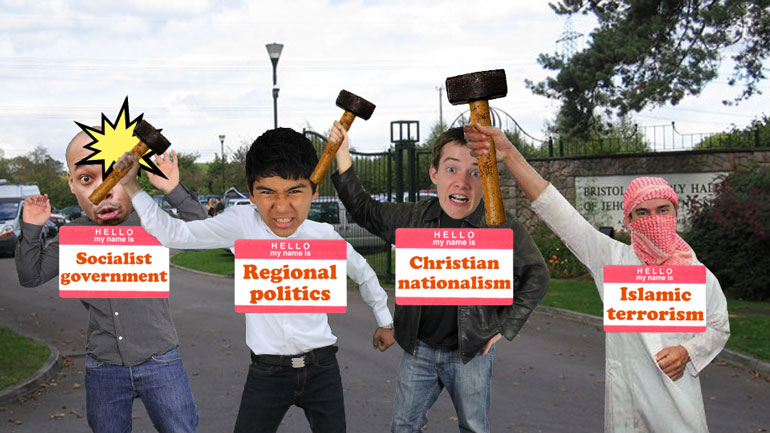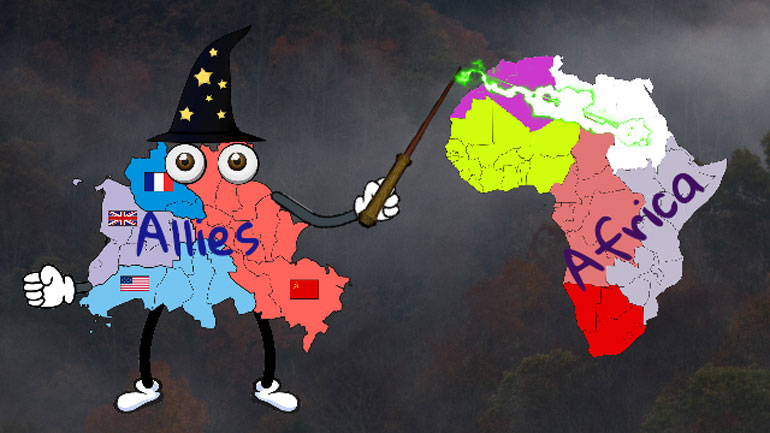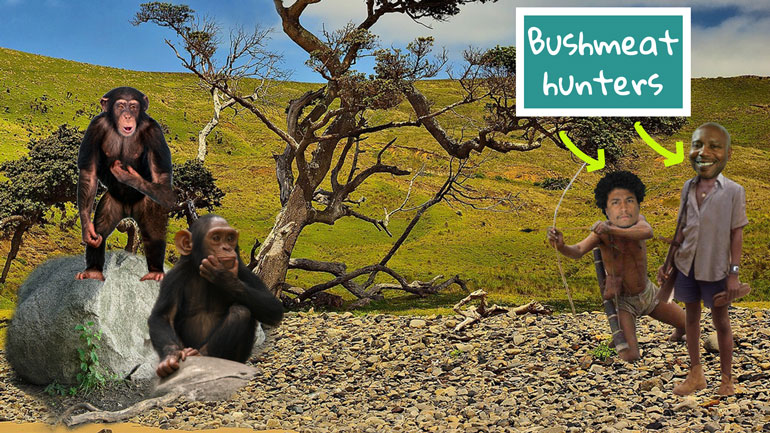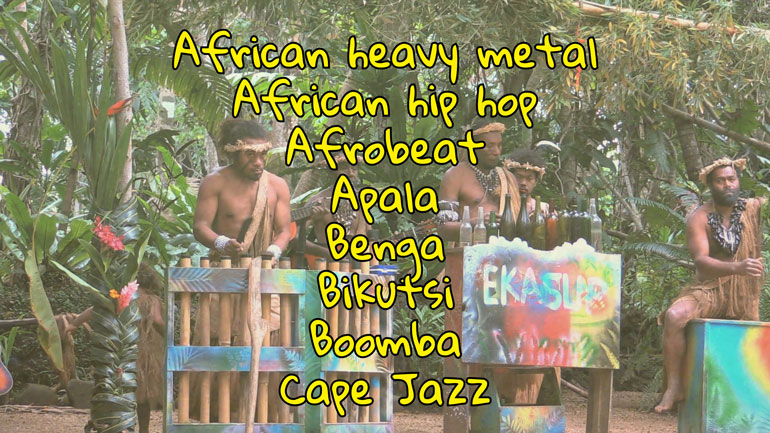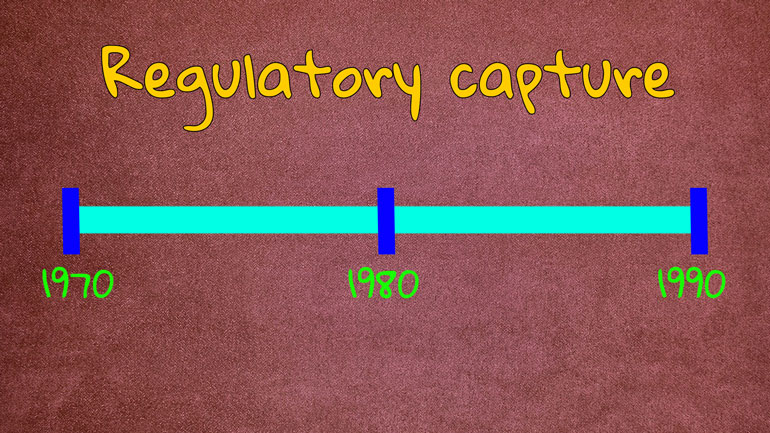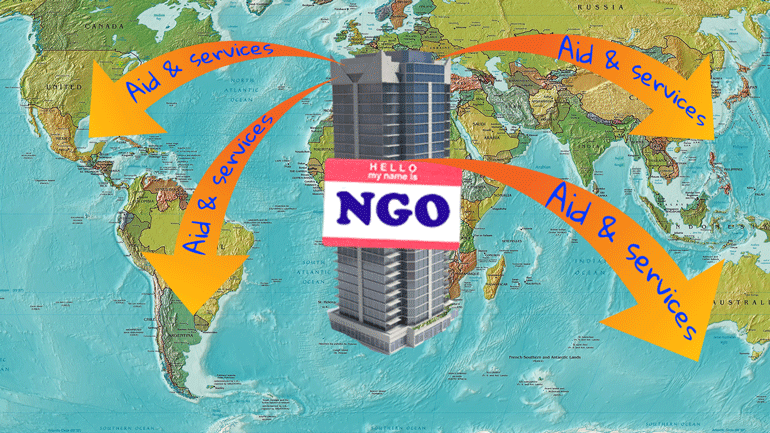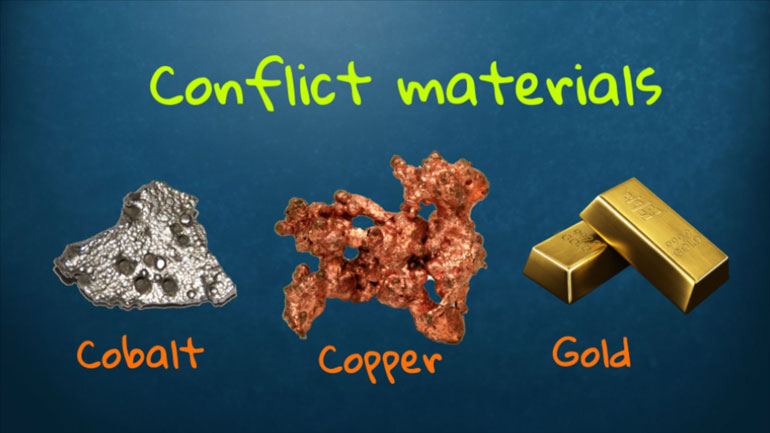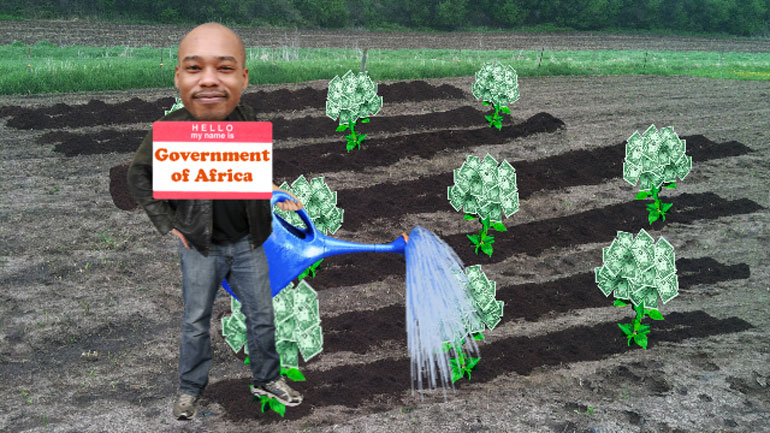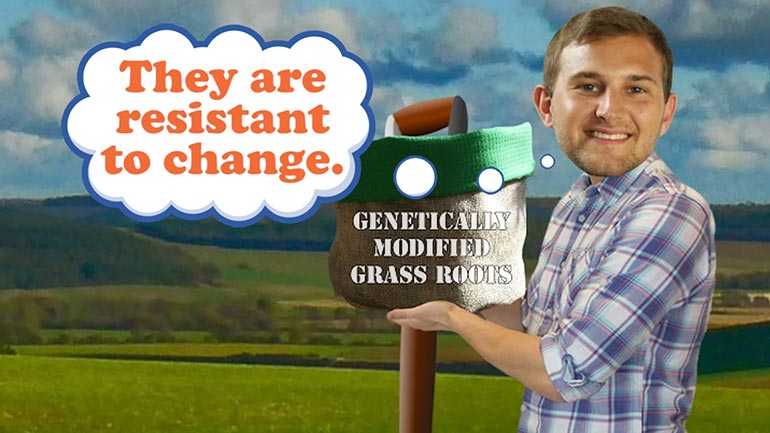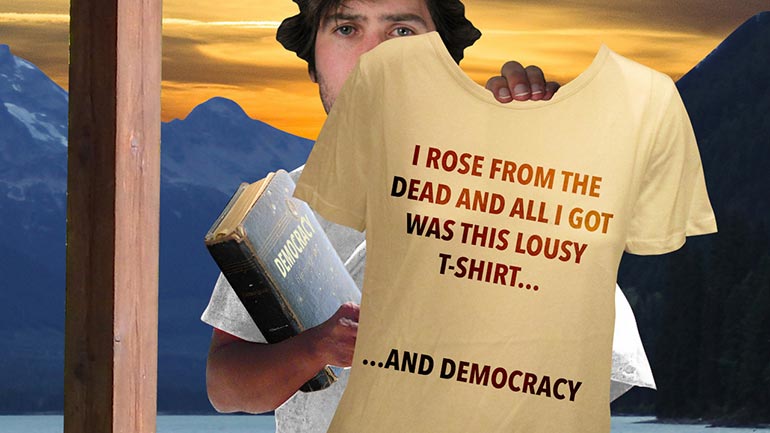ShmoopTube
Where Monty Python meets your 10th grade teacher.
Search Thousands of Shmoop Videos
African History Videos 63 videos
Home to the biggest river, the biggest desert, and some of the biggest land animals in the world, Africa is so much more than what most media would...
Stop everything and check this video out. This guy from Carthage named Hannibal used battle elephants. Battle. Elephants. Carthage has a pretty ric...
Today's lesson: Nubia. Remember not to call it Egypt Jr. to its face...it's kind of a sensitive issue.
African History 7.2 Socialism: More Successful Than You Might Think, Less Successful Than You Might Hope 1 Views
Share It!
Description:
Socialism is like manure. You either think it helps things to flourish and grow, or you think it's a pile of...manure.
Transcript
- 00:04
We don't want to over glorify socialism here. [Arm removes a winnders medal from Socialism]
- 00:06
There have been many spectacular failures of socialist systems in the past.
- 00:11
But in some specific cases in Africa, heavy government involvement has been the manure [Man with name badge 'Government of Africa' waters crops made of dollar bills]
- 00:17
that budding economies needed to grow.
- 00:19
Yeah, some people think socialism is like manure for different reasons, but check this out...
Full Transcript
- 00:24
From 1960-1990, socialism looked sweet to most Africans because it helped people out immediately.
- 00:32
For example, paying down national debt might get investors excited and lead to development [Africa handing over a check to a businessman]
- 00:37
50 years down the road.
- 00:39
But if you’re going to die from sickness and starvation today, it’s kinda hard to
- 00:43
care about what’s going to happen 50 years from now. [Sick man in a hospital bed]
- 00:46
Also, many Africans trusted Western companies about as much as they trusted a snake as a babysitter.
- 00:51
In the past, their experience with Western businessmen wasn't so much…productive industrial
- 00:57
development…as it was…untold human suffering. [Untold human suffering outweighs productive industrial development on a scale]
- 01:01
Untold Human Suffering, Inc. is not a brand that gets much support anywhere in the world.
- 01:06
Because of this, almost every newly independent African country was a little bit socialist,
- 01:10
especially at first.
- 01:12
Nationalization, taking private property and making it public, wasn’t seen as the government overstepping. [Man replaces private property sign with a public propert one]
- 01:18
Most Africans were down with the idea of taking back natural resources that Europeans had
- 01:23
stolen and using those resources for the good of the people.
- 01:27
It’s not hard to see why socialism was as easy certainly as easy as the selfie stick. [People taking selfies with Ronald Raegan]
- 01:33
A major challenge for socialist governments, like in Algeria, Ethiopia, Egypt, and Ghana,
- 01:39
was the shortage of experienced technicians.
- 01:42
Since colonial states didn't give a flip for higher education…of natives…it took a [Snowboarder doing a back flip]
- 01:47
while for African universities to develop after independence.
- 01:51
In the meantime, most engineers and machinists had to come from foreign countries.
- 01:55
This was no big deal for new African states that’d chosen capitalism because they could
- 01:59
just order up technicians on Amazon. [Man orders an engineer on Amazon]
- 02:02
Er well, maybe that’s not how it worked…
- 02:04
Instead, big corporations just brought in their own staff.
- 02:07
But socialist countries did not have this option.
- 02:09
So they had to rely on state-employed technicians lent by the Soviet Union or communist Eastern Europe. [Workers in a factory]
- 02:16
A lot of times, Africans weren’t all that excited about this.
- 02:19
Many socialist countries in Africa wanted to be neutral in the Cold War, because not
- 02:24
doing so meant the West might do fun stuff like rip your entire country apart with decades
- 02:29
of vicious civil war.
- 02:31
But what’s a developing nation to do? ['Algeria' crying]
- 02:33
Industry and infrastructure can’t be built without technicians.
- 02:37
So the need for this resource often put these countries in the USSR’s pocket.
- 02:41
And the truth is that in a lot of ways it was a really cruddy pocket. [Countries jumping out of jacket pocket labelled USSR]
- 02:46
Socialism in Africa had all the problems of socialism everywhere…
- 02:50
Inefficient industry…
- 02:52
Government corruption…
- 02:53
Artificially high employment…like, people doing jobs that didn't even need doing.
- 02:57
Too much of that kind of stuff can cause an economy to collapse in on itself like an old, [Pumpkin collapses]
- 03:02
rotten pumpkin.
- 03:03
When the Soviet Union did just that in 1991, many African countries decided to ease up
- 03:08
a bit on the whole socialism thing.
- 03:11
This created many mixed economy states that took the best of both worlds.
- 03:14
A generation of socialism had beefed up public health and education. [Man with a 'public health' shirt uses dumbbells in a gym]
- 03:18
And this socialist-built health and education actually encouraged corporate investment. [Man walks in with a check]
- 03:25
These days, many mixed economies, like Ghana and South Africa, are showing the world what
- 03:29
African development is all about.
- 03:31
The truth is that different developing countries need different strategies, depending on their
- 03:36
particular situation.
- 03:37
In economics, one size does not fit all. [Large man wearing a tight gym vest]
- 03:40
Just like yoga pants…
- 03:41
They might look great on a yoga instructor, but for a hippo, well they’re kind of a stretch. [Hippo wearing yoga pants]
Related Videos
Home to the biggest river, the biggest desert, and some of the biggest land animals in the world, Africa is so much more than what most media would...
Didn't get enough of the French Revolution the first time around? We've gotcha covered. Check out our second French Revolution video, preferably wi...
Famine is one of the biggest problems in Africa. Find out why it's such a complex problem, and what's being done to combat it.
